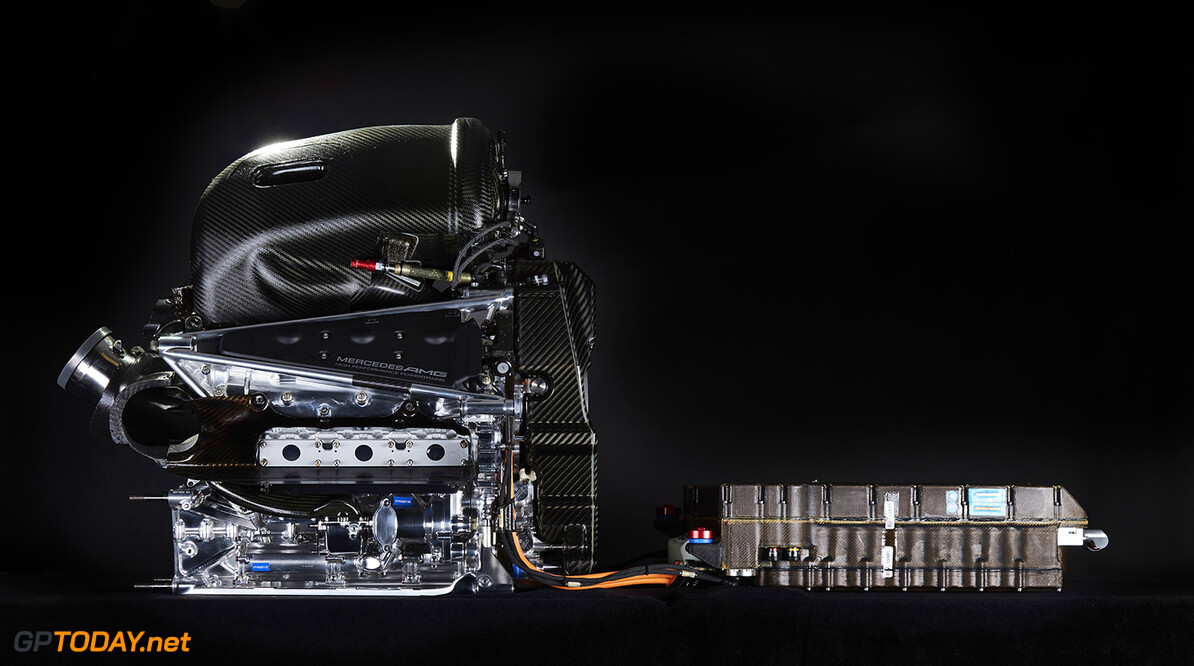Mercedes has now backed Red Bull in pushing for a change to the engine rules for 2018. Earlier, with swathes of penalties raining confusion over the order of the grids at recent races, Red Bull's Christian Horner argued for a change for next year.
In 2018, drivers are scheduled to make do with just 3 engines for the whole season rather than the current four, but Horner argues for the status quo. Mercedes team chairman Lauda agrees that the scheduled change from 4 to 3 engines is "a mistake by the strategy group".
"Everyone said that the engines could only be cheaper for customers if we build less," he told Auto Motor und Sport. "But we have known for a long time now that nothing will be saved with the 3 engines," Lauda added. "Because the development on the test stands actually costs more."
Another major controversy surrounds how the FIA penalises the drivers after their allocation of engines is exhausted for the season. Even F1 chief executive Chase Carey admits that the grid penalty confusion is not ideal. "The penalty structure clearly has gotten to a place that nobody says is functioning the way we like," he is quoted by AFP news agency in Singapore.
"Then we had the better part or half the grid with some sort of penalty that nobody could understand at Monza. Technology is an important part of it but you don't want it to be a sport about engineering first and foremost," Carey added. "You want it to be a sport about drivers and great competition that utilises state of the art competition." (GMM)

 11
11





















kngrthr
Posts: 203
"What the F1 teams should do is agree to all take 2 new engines one week, resulting in everyone on the grid getting the same number of grid position drops and thus the result in qualifying will carry through to the race. "
Pure Genius.....
lets do it. we can save the season this way